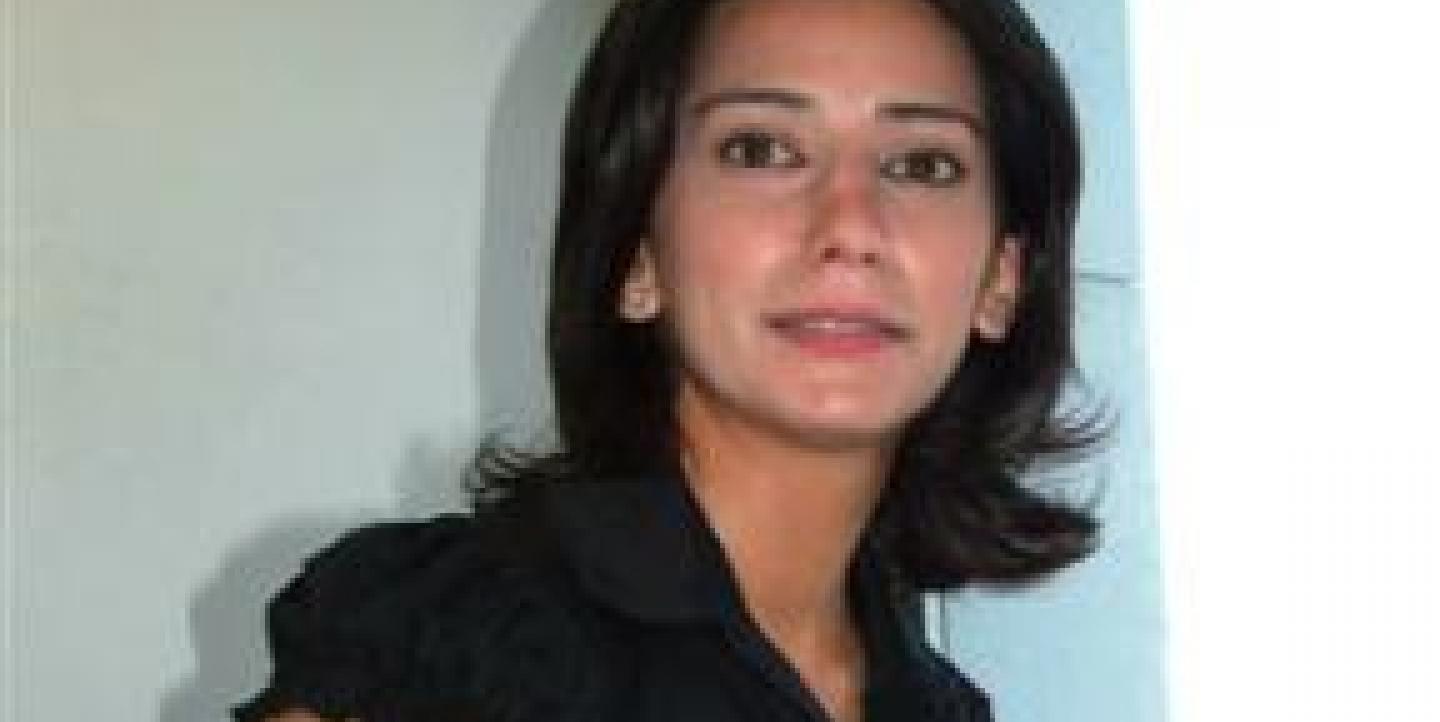November 9, 2005: It was a day that I shall never forget. I woke up to the sound of the phone ringing. A military official told me the digging in Yarza cemetery had begun.
At first, I could barely comprehend [what he was saying]. As we spoke, I jumped off my bed and began to put on my clothes. In a matter of seconds I had informed my newspaper about the news and asked for a photographer to accompany me to the cemetery. I left home shaking. I didn’t know if it was because of the cold or the fear.
This was not a story about digging. It was a story about the suffering of the families of Lebanese people long detained in Syrian prisons.
I began following the story years earlier during demonstrations held by detainees’ families, where demonstrators were humiliated and sprayed with water hoses. At the demonstrations, I saw mothers cry and suffer as they called out to their sons and asked, “Where are they?” I had tried to feel the mothers’ sorrow, but I failed. No one can really understand the suffering of others. Pain lies in the hearts of the mothers, sisters and fathers – in their tearful eyes and fatigued faces.
 Just two months earlier, in September 2005, Red Cross rescuers had informed me of a ditch in front of the Lebanese Defense Ministry building. Eleven bodies were suspected to be buried there – the bodies of 11 of the Lebanese military martyrs who had been held captive beginning in October 1990.
Just two months earlier, in September 2005, Red Cross rescuers had informed me of a ditch in front of the Lebanese Defense Ministry building. Eleven bodies were suspected to be buried there – the bodies of 11 of the Lebanese military martyrs who had been held captive beginning in October 1990.
The martyrs’ families still believed their sons were alive in Syria. From the first moment I talked to the Red Cross rescuers, I knew I had an [ethical] responsibility to tell the families the truth, even though it would be sad and painful. I thought it better to stop their suffering.
In October, on the day the story was published, I screamed and cried as I received endless phone calls of the mothers crying. All I could think of were their faces. I wanted to know how it felt to receive the news.
Now, nearly a month after the story was published, the digging had begun. As I neared the Defense Ministry building that November day, I was frightened. I could not see anything but the families’ faces. I could not feel anything but their tears. For a moment, the road to the cemetery felt endless. In my mind, the questions were many. I remember my heart almost stopped.
Entering [the defense ministry building] and taking photographs was forbidden. Helicopters hovered above, and the sound terrified me and the photographer. I saw how they dug. Hurriedly, we took pictures in secret as the dead bodies were uncovered. Finally, we left the scene.
I admit that although I was frightened, I was happy. I knew uncovering details of years of oppression and occupation would help families finally find peace. For a few minutes, I wondered if my article could crumble the entire authority. But then I remembered I was in Lebanon.
As I wrote the story, many people supported me and understood the essence of the article. But many criticized my daring to write about the ministry of defense. The harshest criticism came from those who accused me of hurting the detainee’s families. I knew the names of the dead but chose not publish them. Instead, I would wait for the official announcement.
I was concerned about the safety of the [Red Cross] rescuers who became under the spot light. It was a frightening week. I talked to the families and gained strength from them.
****
On March 15, 2006, five months after the article was published, on a sunny Saturday morning, the burial ceremonies of the martyrs took place. The military had DNA tested the bodies and released the names of the martyrs. Indeed, among them were the sons assumed to be alive in Syrian prisons.
On that day, I sobbed. I almost choked when I saw the mothers weeping, the sisters screaming and the fathers crying while hugging their sons’ coffins. Their sons had emerged from the ground after 15 years.
Two days after the funerals, I visited the homes of the martyrs’ families. I wanted to make sure the story did not destroy them, even if it hurt them as it hurt me.
I still remember what one of the sisters said: “Now, I can pray on my brother’s grave. I have him now, even if he is nothing but remains. He is among us now.” Those words were enough to fade all of my concerns away.
****
Now, three years after this experience, I know I helped the mothers who learned their sons’ destinies. It is better to know the truth than live like a hostage in a country where political promises never end, in a country full of graves waiting for its people to return.
Manal Chaaya is a journalist from Lebanon. She is a staff writer and correspondent for the daily newspaper Annahar.

